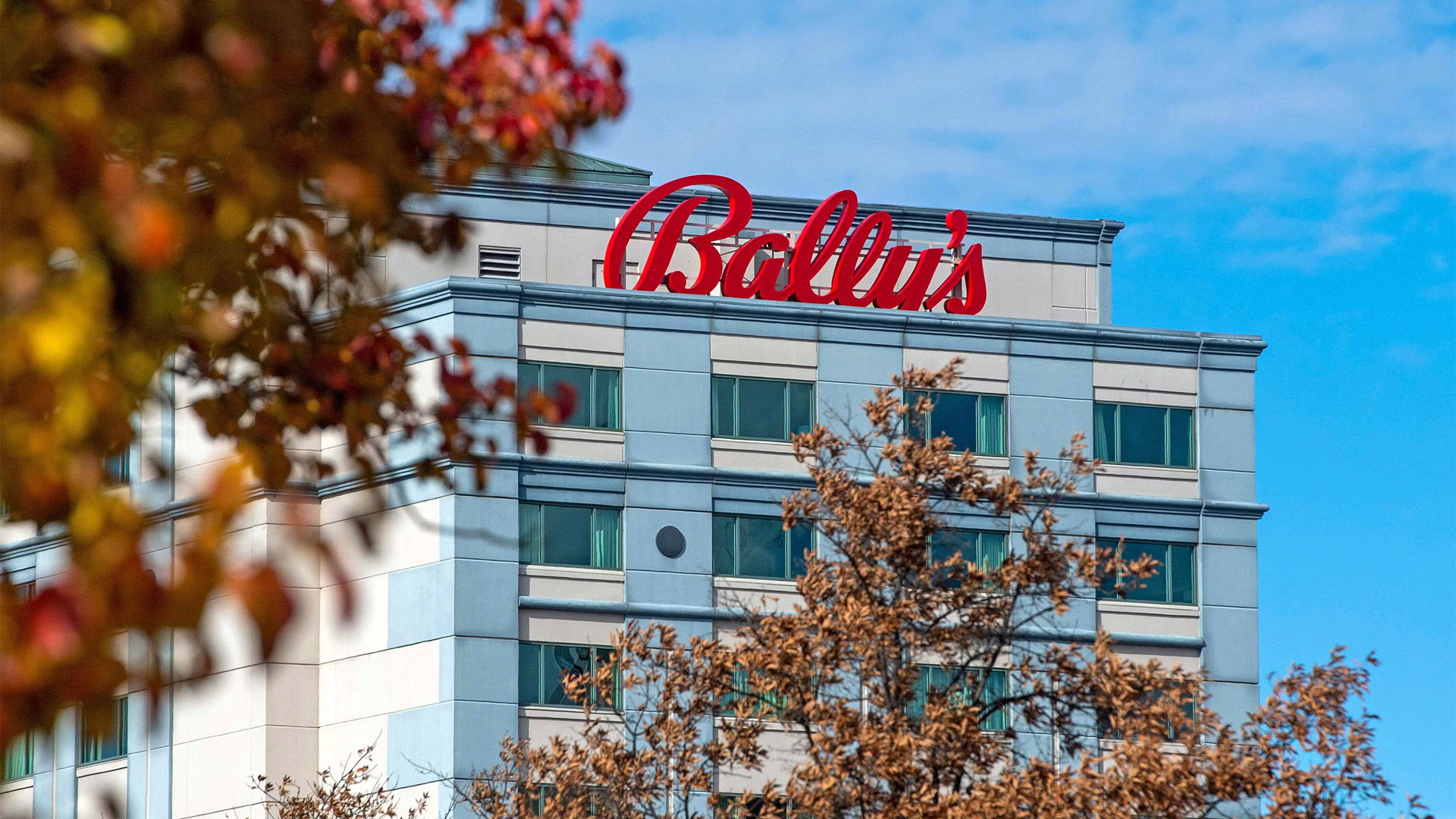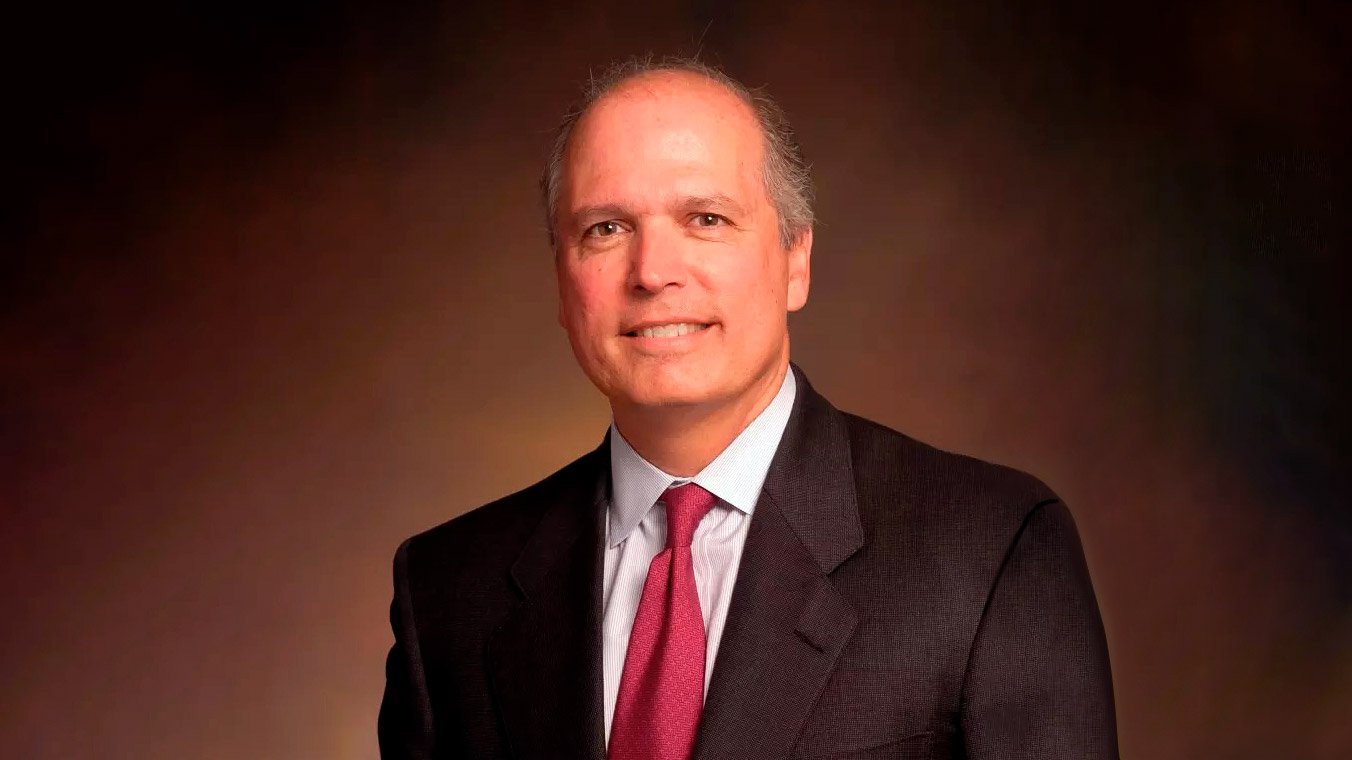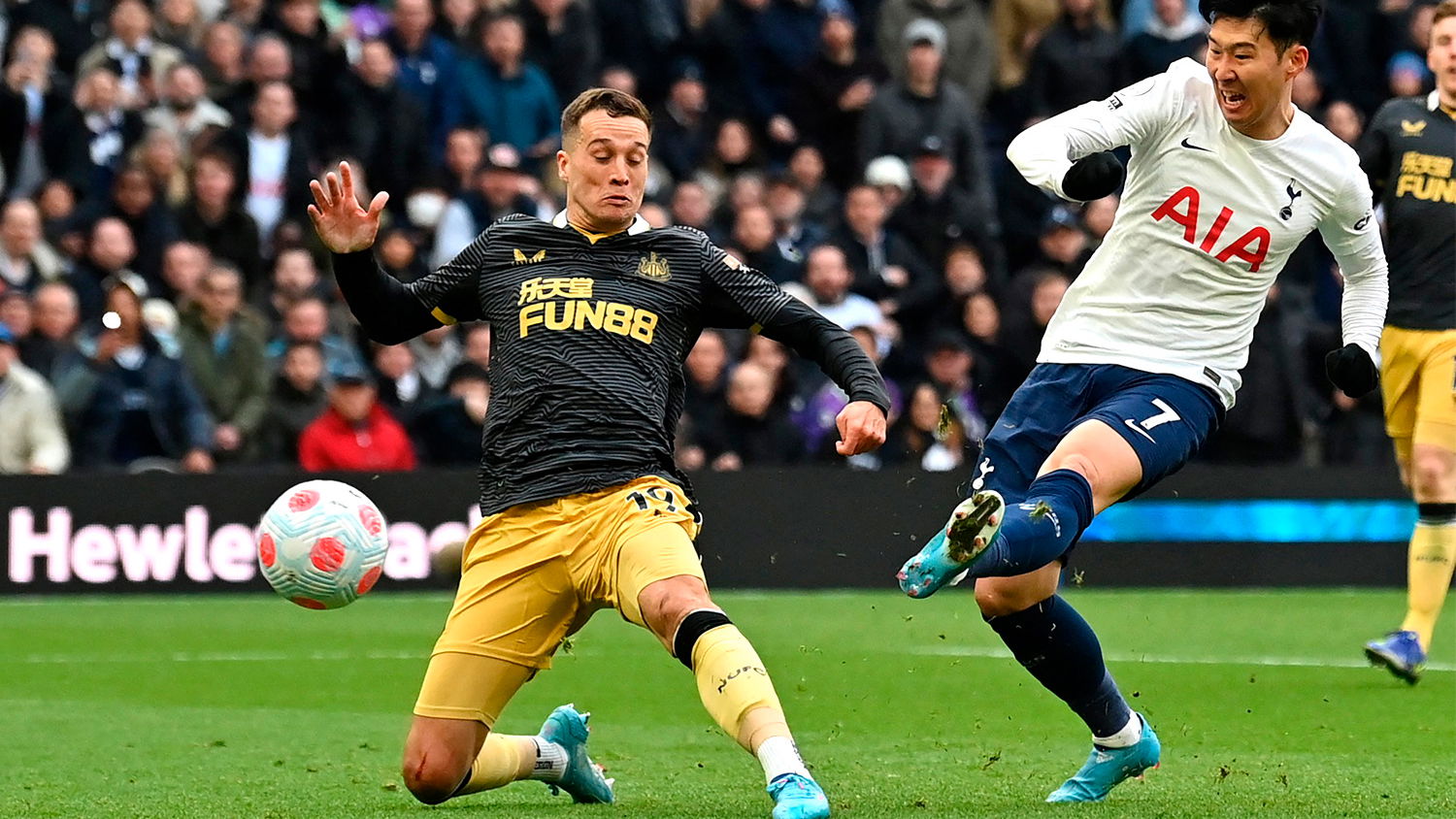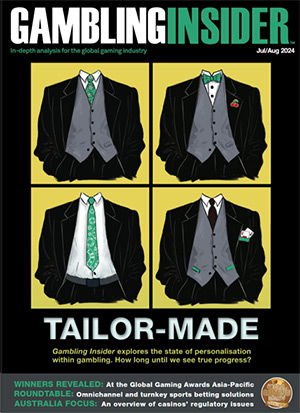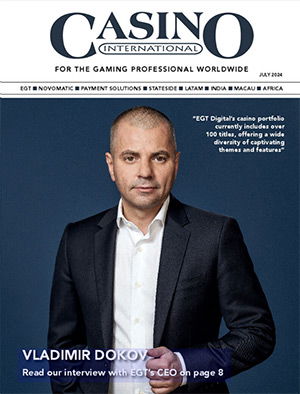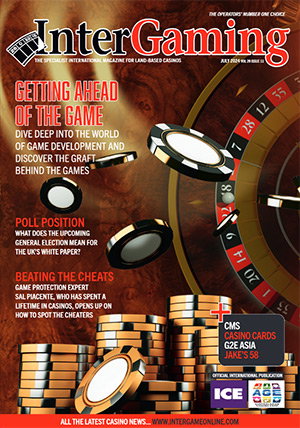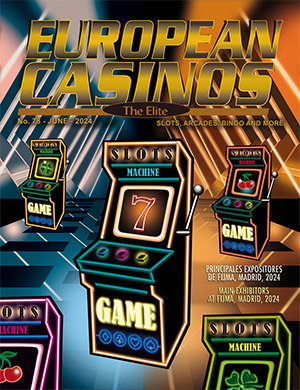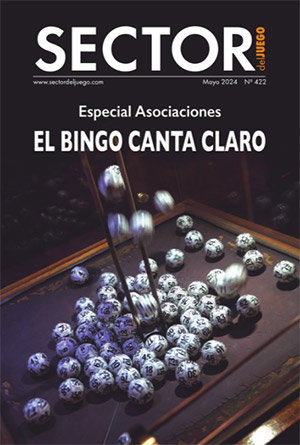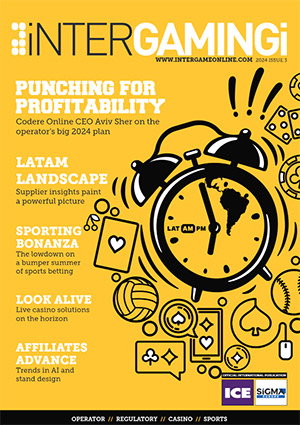Wynn Macau reportedly seeking to add new management role with focus on China amid President, COO departures
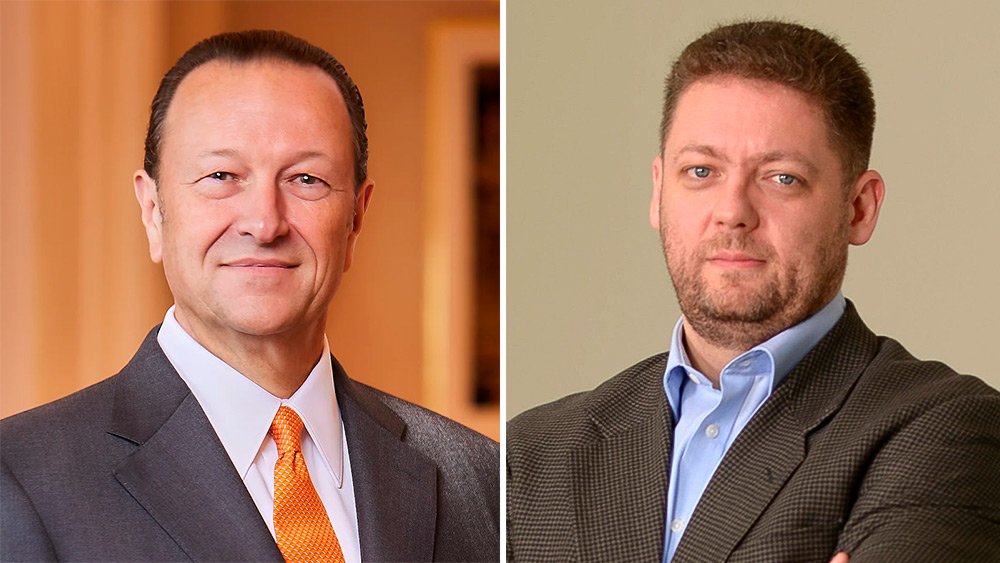
Wynn Macau is reportedly seeking to create a new senior management role amid the recent departure of two of its executives. The move comes as the casino operator faces the departure of President Ian Coughlan, to step down after his contract expires at the end of February 2023; and of Chief Operating Officer Ciarán Pearse Carruthers, who resigned and will leave his position on September 30 to become the new CEO of Australian giant Crown Resorts.
The Wynn Resorts Ltd. subsidiary reportedly appointed headhunters for a new chief marketing officer position, with an emphasis on candidates with a deep understanding of the Chinese culture and market that contributes to the majority of the company’s customer base, unnamed people familiar with the matter told Bloomberg.
The hiring process at Wynn reportedly began six months ago, with recruiters interviewing possible candidates from various regions, including mainland China, Bloomberg further reports. However, efforts have been reportedly hampered as the city faces an unprecedented outbreak of Covid-19 cases, deterring candidates from traveling to the city for interviews.
While Coughlan will step down after his contract expires at the end of February 2023, he will continue to serve as an advisor through the end of the year. He will be succeeded by the current vice-chairman of the firm, Linda Chen. Wynn Macau CEO Craig Billings is expected to rely on Chen and the existing senior leadership group amid Coughlan and Carruthers' resignations.
Linda Chen, who will become the new President of Wynn Macau
The decision to create a new role comes as the firm attempts to deepen ties with China. Casinos in Macau are seeking to find ways to further develop the tourism market after Beijing cracked down on junkets, which brought in high-rollers and provided credit to them, due to alleged money laundering and capital flow. The gaming operator would now pivot to attracting mass-market tourists from mainland China.
The expansion beyond its VIP sector is of the utmost importance to the company as it was the most exposed to high-rolling revenue. It relied on the segment for 21% of its EBITDA, the highest among Macau’s six casino operators, Morgan Stanley analysts including Praveen Choudhary wrote in a note in November.
The recent crackdown led to the collapse of the VIP sector, which accounted for one-third of Macau’s gaming revenue last year. The sector’s revenue plunged by almost half in the first quarter to 4.8 billion patacas ($594 million).
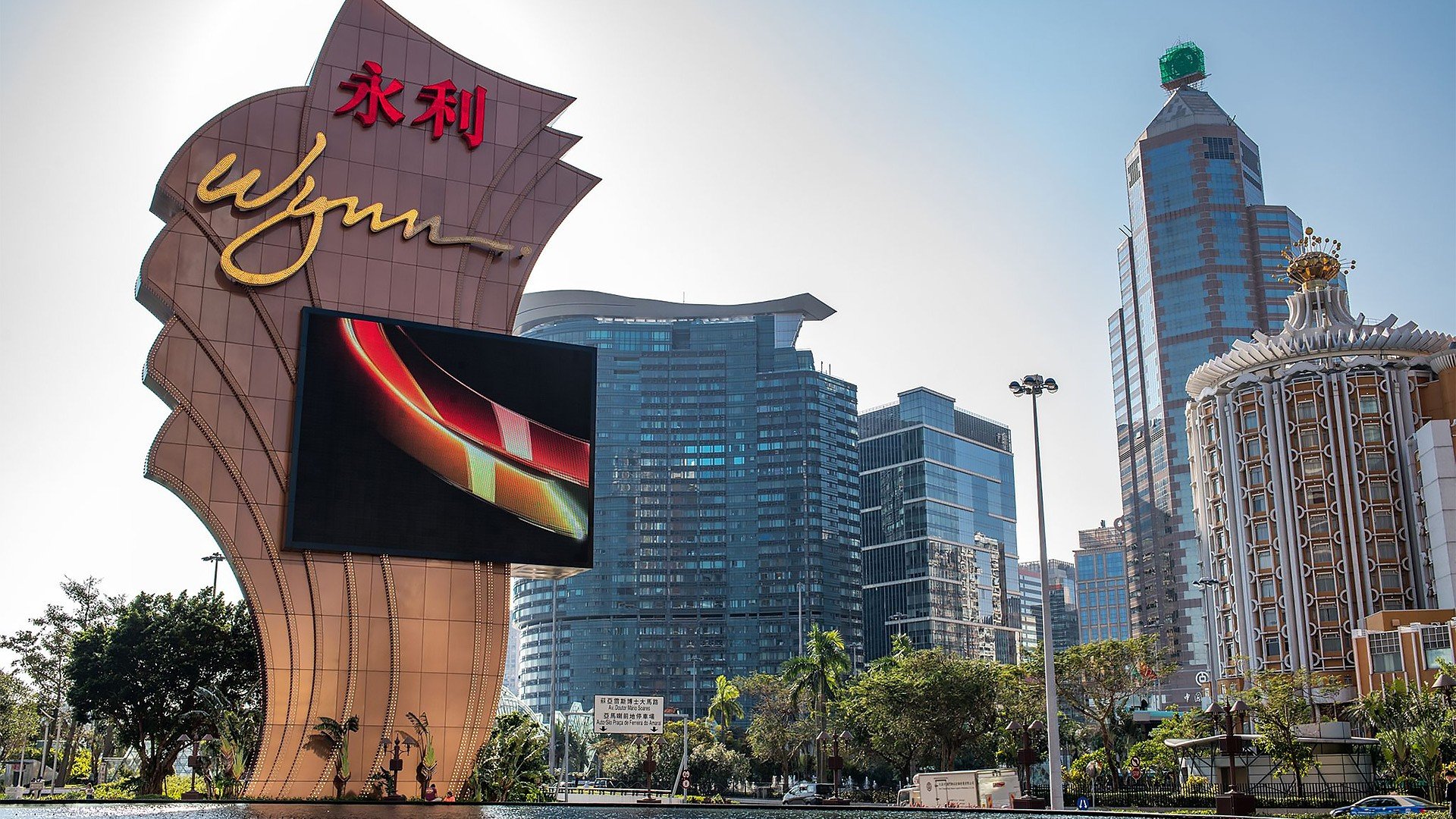
In November, Alvin Chau Cheok-wa, boss of Suncity, at the time Macau’s biggest junket operator, was arrested for money laundering and facilitating illegal cross-border gambling. It was followed by the arrest of Levo Chan Weng Lin, chairman of Tak Chun Group, a company second only to Suncity Group in market share for junket gaming in pre-pandemic years.
Earlier this year, Macau’s gaming regulator, the Gaming Inspection and Coordination Bureau, slashed junket license issuance by almost half to 46 licenses. A smaller roster of junkets is expected to “help reduce problems” in the industry.

While the city's new gambling law does not outright ban junket gaming, it states casino operators would no longer be able to have dedicated junket rooms, and revenue-sharing arrangements between venues and junket operators would be prohibited.
The company possibly expects that grasping a better understanding of China would help them prepare to bid for a new gaming license in the city, as operators’ existing permits expire by the end of the year.
Last month, the government passed Macau’s amended gaming law which marked the biggest legal reforms for the industry in two decades. The bill will replace legislation in force since 2001, and increases the oversight of SAR authorities in the gaming sector of the city.
Under the new legislation, the number of new licenses is limited to six, and the new permits will be given out for up to 10 years, down from the current 20 years. Macau officials are given the power to punish casino operators for a number of reasons, including under-performing revenue and threatening national security.
Furthermore, gaming taxes have been raised marginally from 39% to 40%, including 35% in direct gaming taxes and a flat 5% tax for social welfare and urban development, representing a whole 1% more than before. The 5% tax in indirect taxes could however be reduced if operators manage to attract more overseas players to their casinos, as reported by Macau Business.




